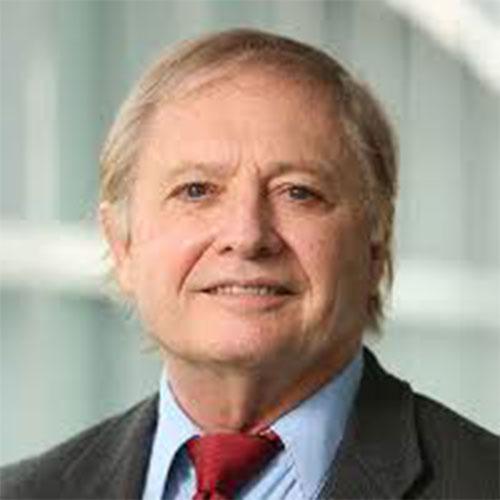Gregory Freeze's initial research area was Russian social history, with a focus on the parish clergy in Imperial Russia. Since the dissolution of the USSR, he has expanded his focus to include the Soviet period, with a particular interest in popular Orthodoxy and its development in the late 19th and 20th centuries.

Areas of Expertise
Time Period
Topic
Location



